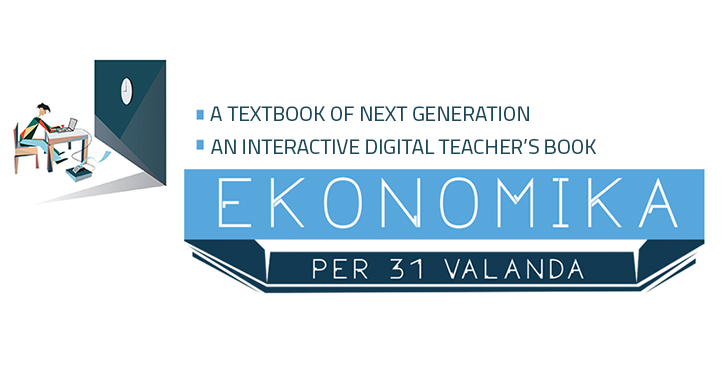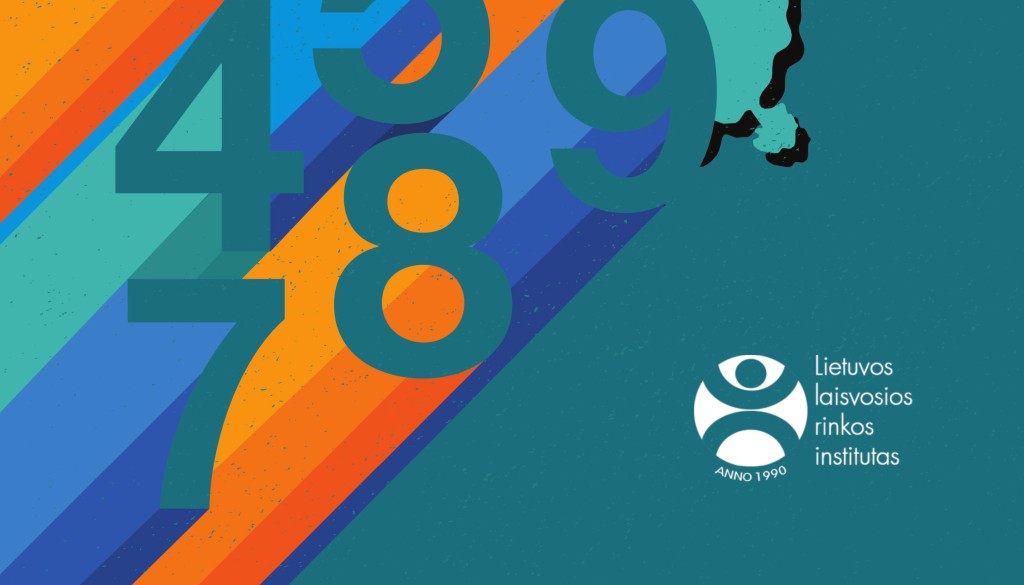
Lithuania to Commemorate Respect for Taxpayers Day
BY
LFMI / January 4, 2018
The Respect for Taxpayers Day becomes an official commemorative day in Lithuania to be celebrated on May 11. A recently adopted law is a result of a petition submitted by the Lithuanian Free Market Institute.












